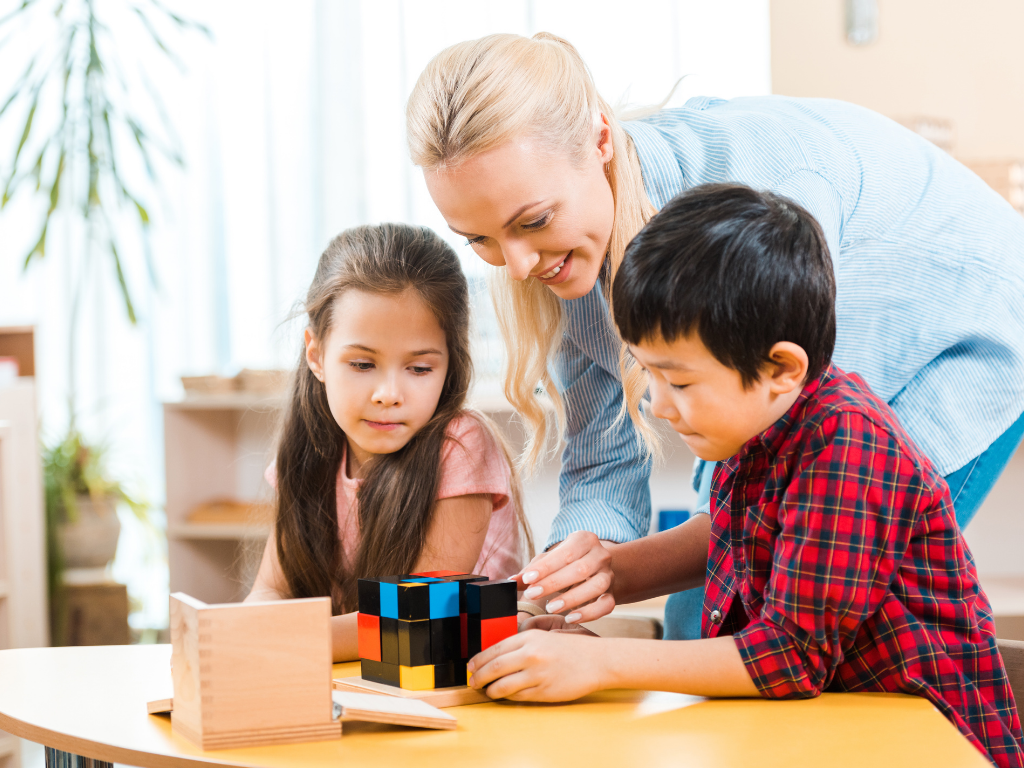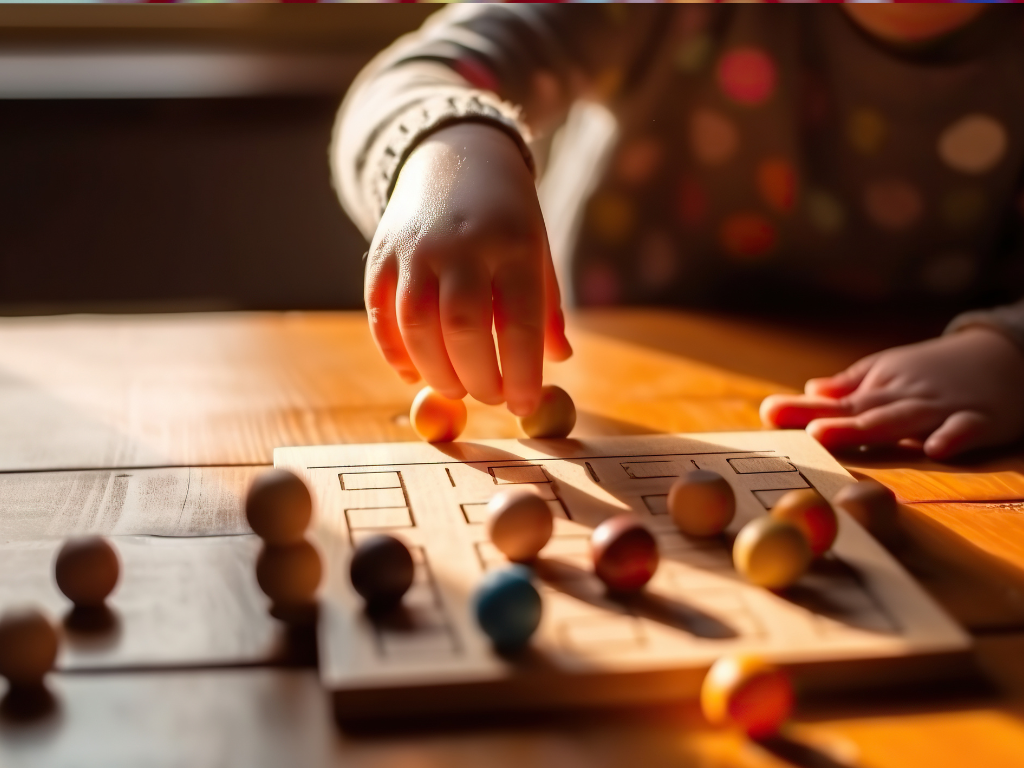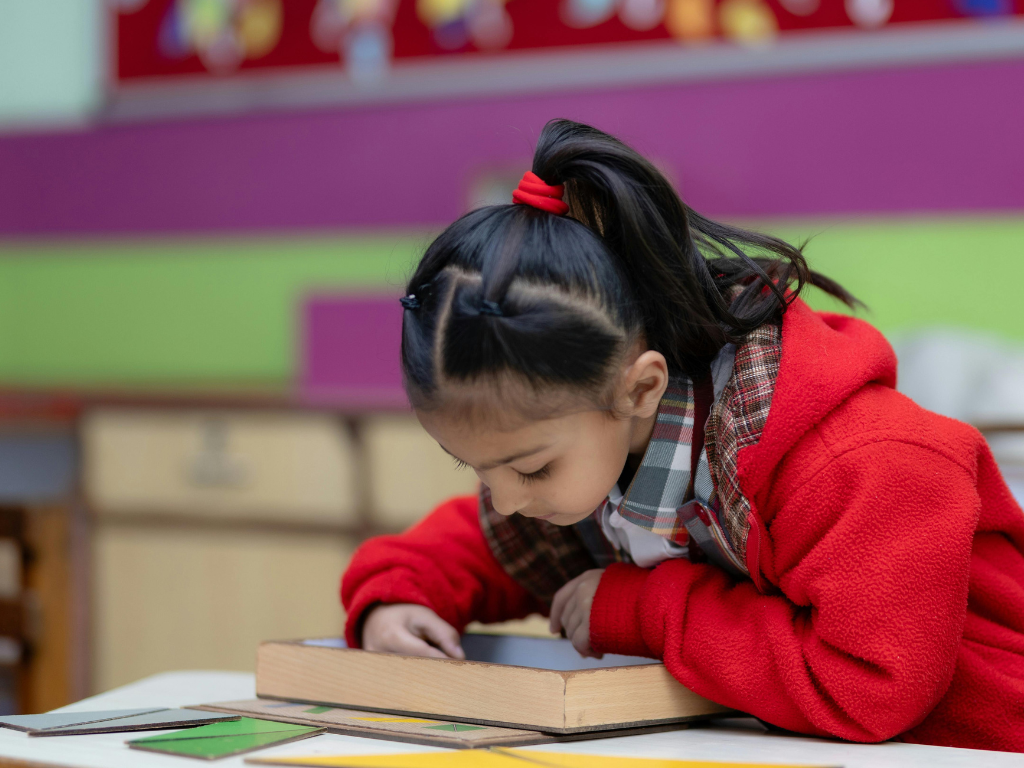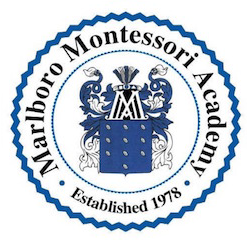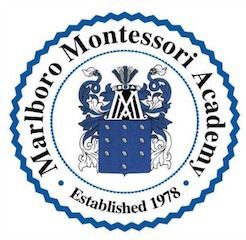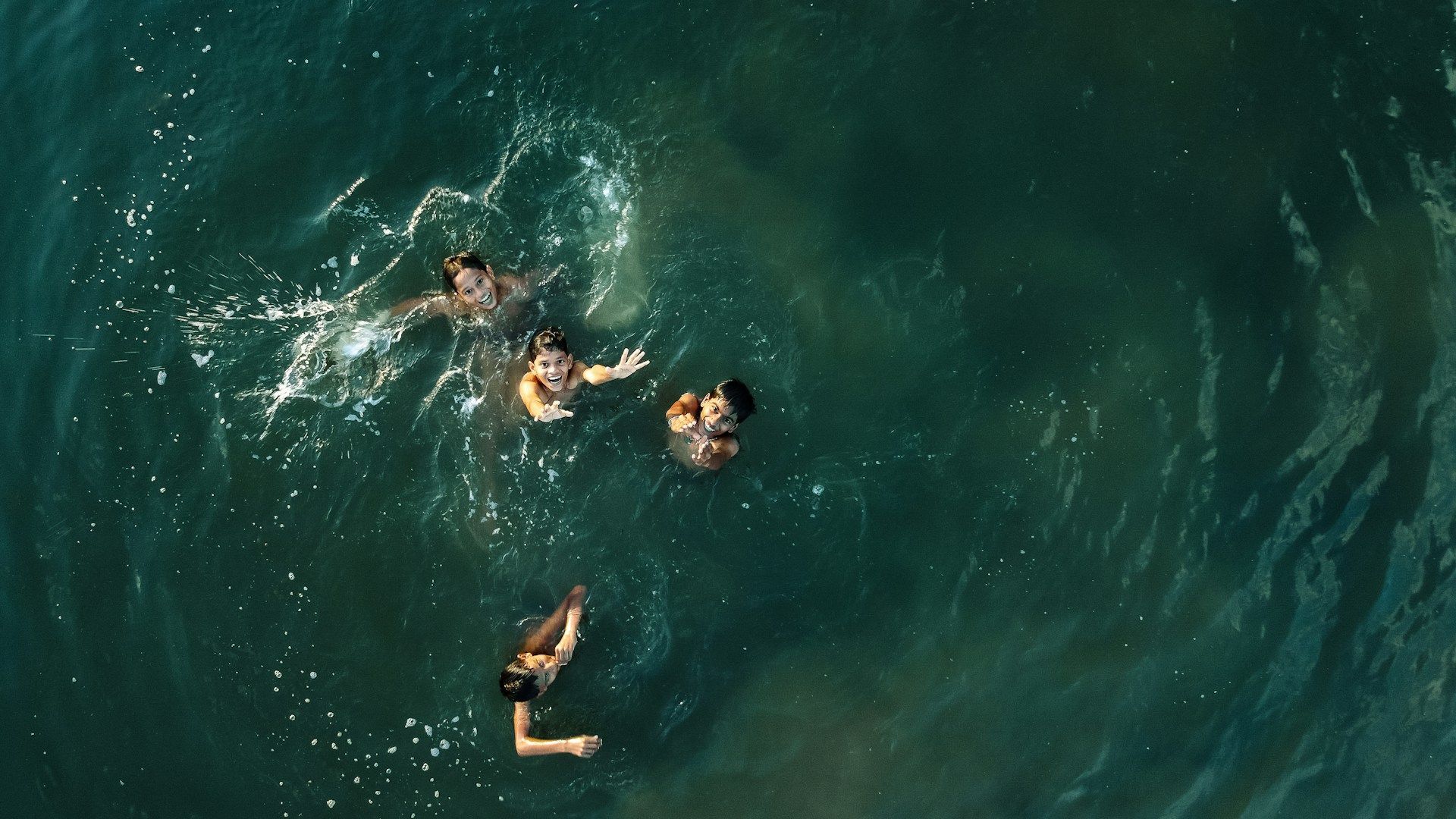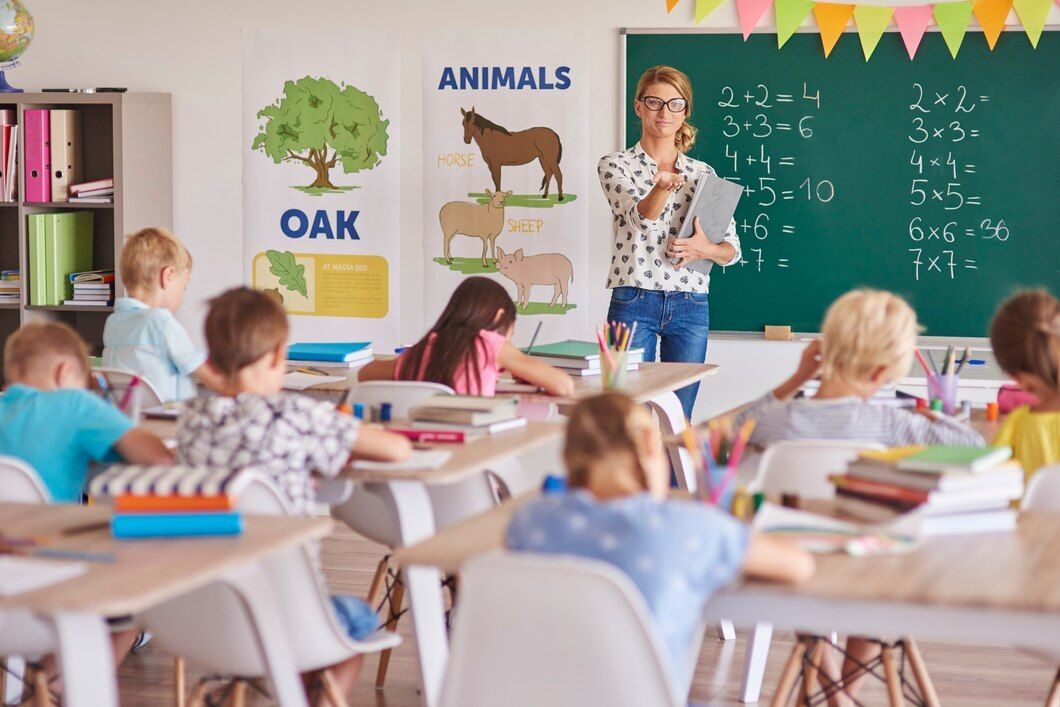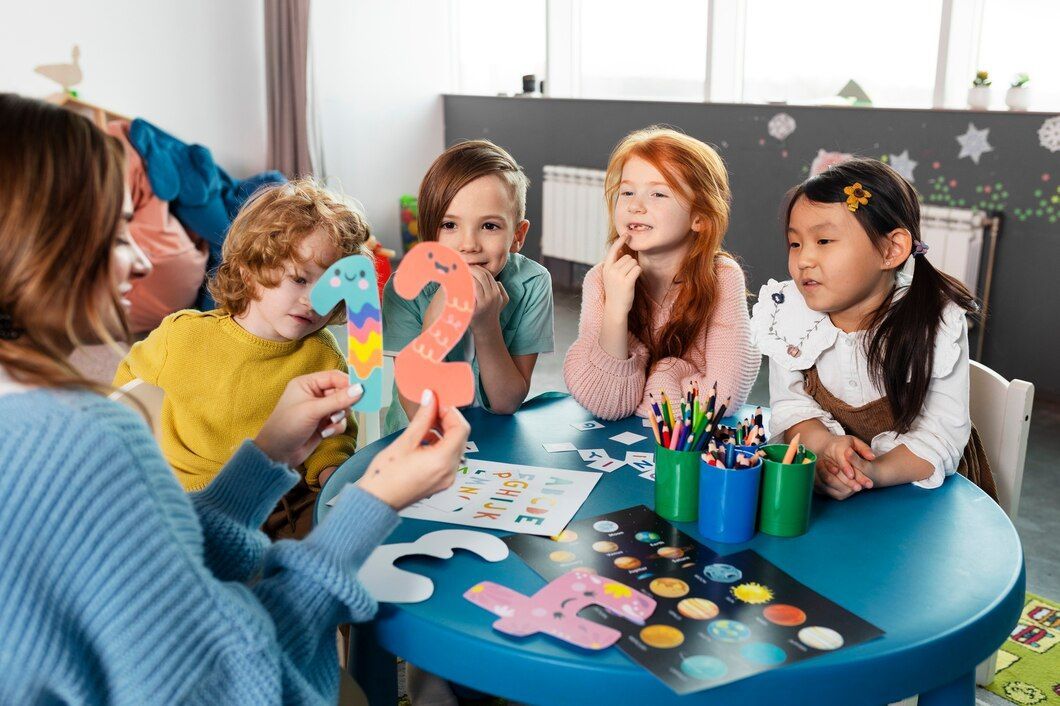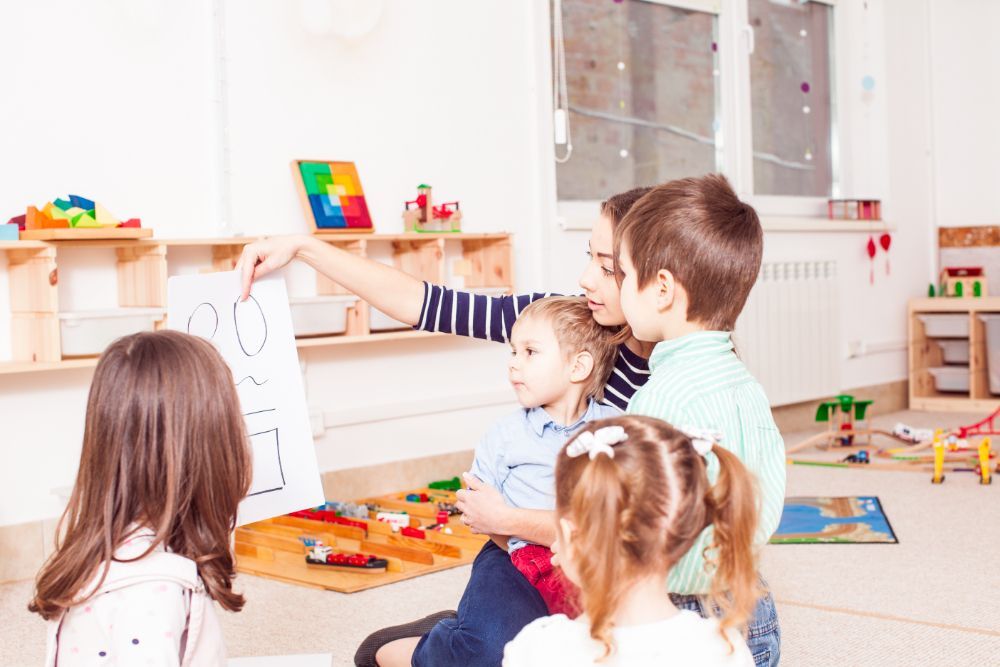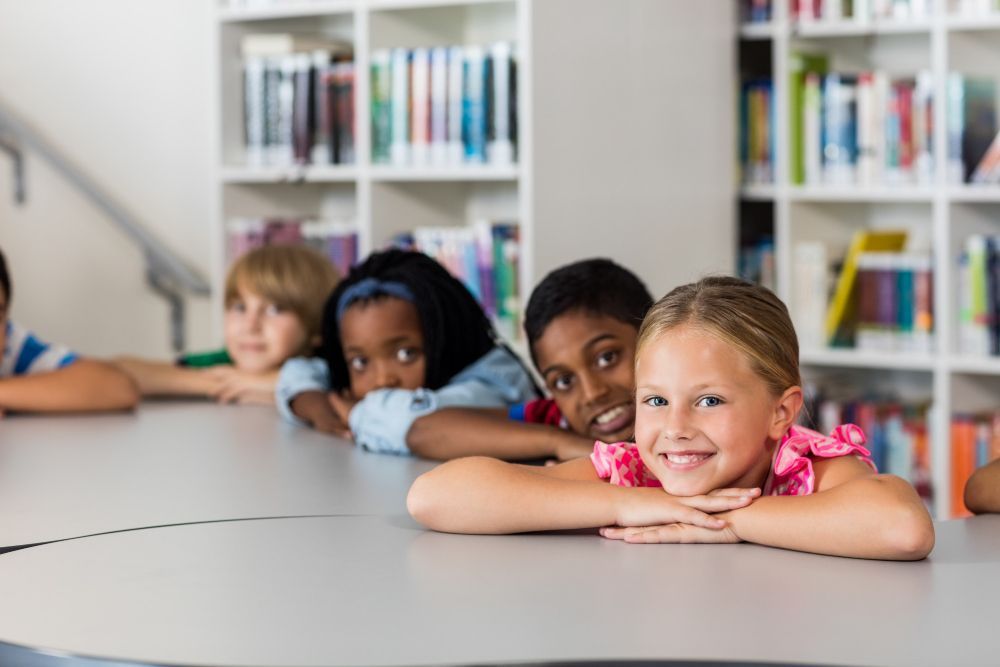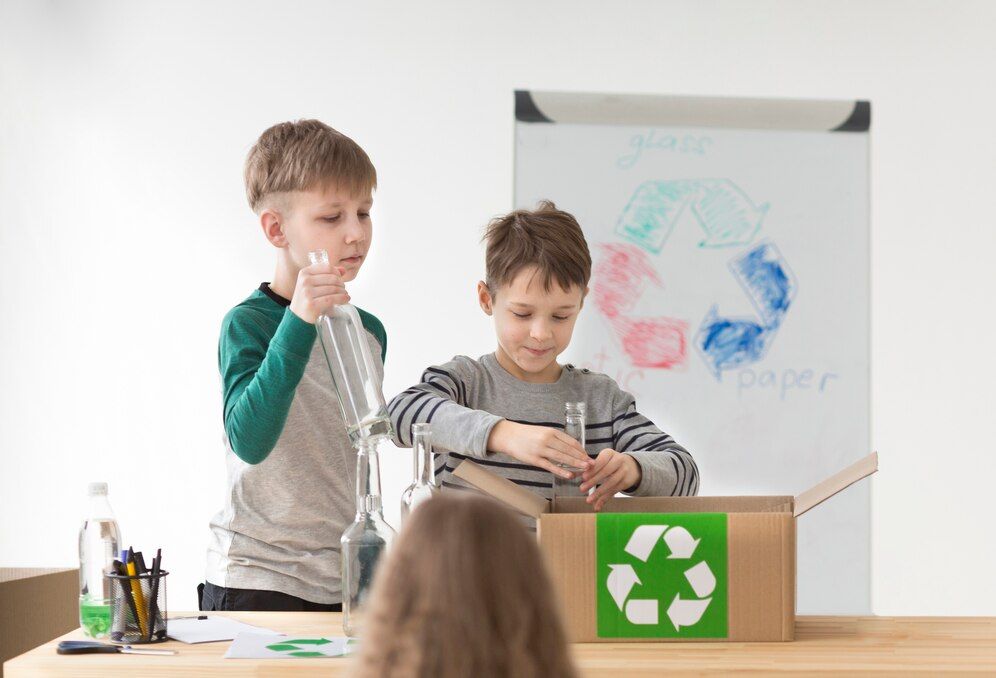The Role of Montessori Play in Toddler Development
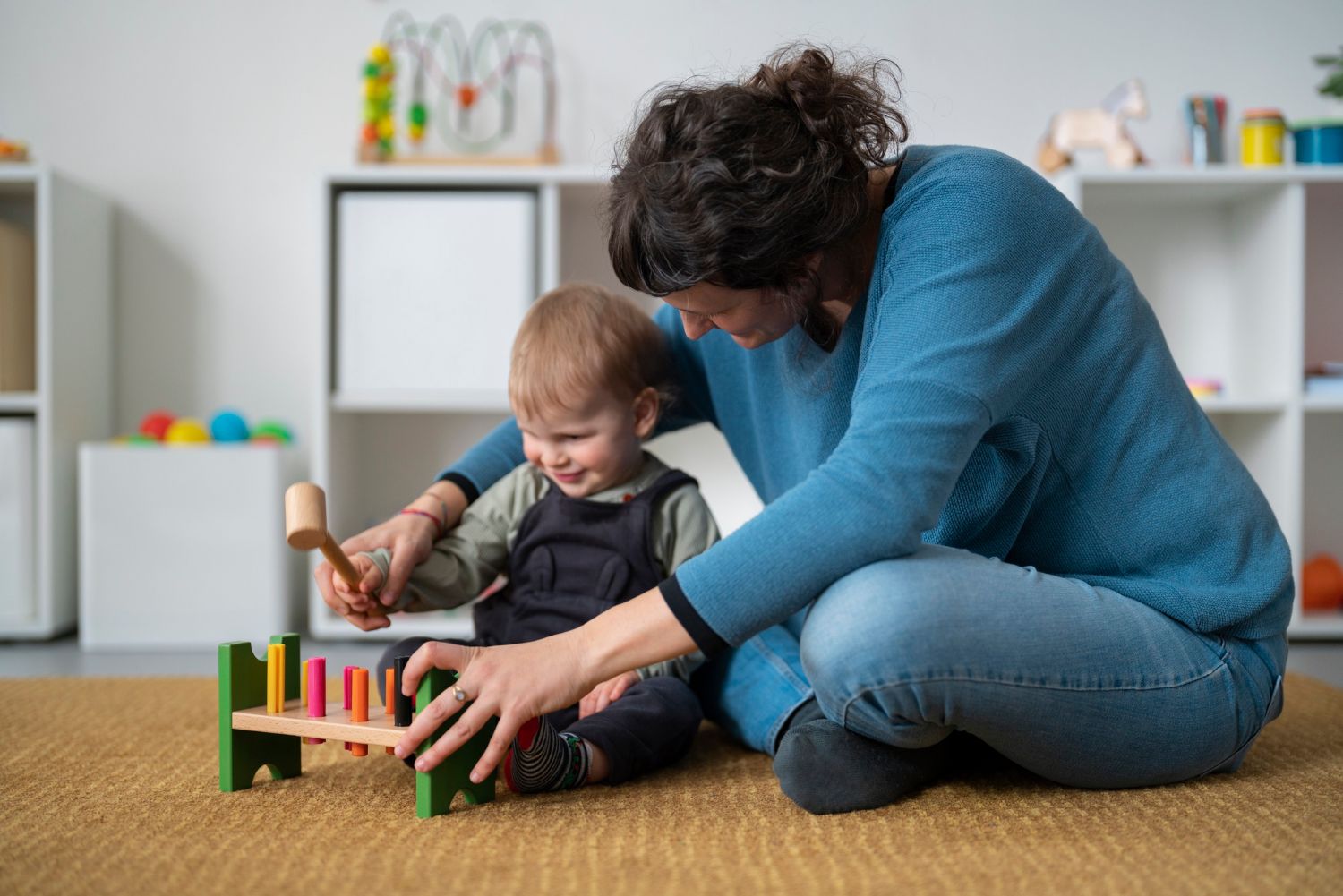
In the vibrant world of early childhood education, the Montessori method stands out for its unique approach to play and learning, especially for toddlers. At our schools in Marlboro, NJ, and Colts Neck, NJ, we embrace this methodology wholeheartedly, understanding its profound impact on the developmental milestones of young children. Montessori play is not just about keeping children occupied; it's a critical tool that aids in the holistic development of toddlers, helping them to hone their motor skills, cognitive functions, and social abilities in a structured yet flexible environment.
At the heart of Montessori play is the principle of self-directed activity, where children are encouraged to explore and learn at their own pace within a prepared environment. This method fosters independence from an early age, enabling toddlers to make choices and engage in activities that genuinely interest them. By focusing on the intrinsic motivation of children, Montessori play ensures that learning is seen not as a chore but as an exciting and joyful endeavor.
Furthermore, our approach integrates various sensory experiences that are vital for toddlers' development. These activities are designed to stimulate their curiosity, enhance their sensory skills, and support their growing need for independence. By providing an environment tailored to their developmental stages, we facilitate a foundation of lifelong learning, critical thinking, and creativity, essential for their future academic and personal success.
Understanding Montessori Play and Its Importance in Early Childhood
Montessori play is a cornerstone of our educational philosophy, rooted in the belief that children learn best through activities that engage their senses, imagination, and curiosity. The essence of Montessori play lies in providing an environment that is rich in materials that allow children to explore and learn at their own pace, fostering independence from an early age. At our centers in Marlboro and Colts Neck, we embrace this child-led approach that not only supports cognitive development but also emotional and social growth.
This type of play differs significantly from traditional play. While conventional activities often have a rigid structure and focused outcomes, Montessori play serves as a fluid and dynamic platform for discovery. It's designed to be intrinsically motivating, encouraging kids to initiate learning experiences without direct adult instruction. This approach helps young learners develop critical thinking and problem-solving skills as they navigate and interact with their environment naturally and joyously.
Key Elements of Montessori Play for Toddlers
Implementing effective Montessori play for toddlers involves several key elements that contribute to an enriching early learning experience. First, the environment must be safe, welcoming, and scaled to the child’s size, giving them the freedom to explore with confidence. Every toy and piece of equipment is selected with a purpose, chosen to support different aspects of the child’s development, such as fine motor skills, coordination, and sensory perception.
The following are essential components of Montessori play spaces that we incorporate:
1. Practical Life Activities: These are simple, everyday tasks that adults might take for granted but are fascinating and educational for toddlers. Activities like washing dishes, sorting objects by size or color, and other similar tasks teach practical life skills while refining motor skills.
2. Sensorial Materials: These are designed to refine the senses and provide opportunities for cognitive development. Items may include sound boxes, texture boards, and scent bottles, which help children build neural connections through varied sensory experiences.
3. Unstructured Play Time: This allows children the time to explore their interests deeply. Unstructured play fosters creativity and decision-making, which are integral components of the Montessori method.
4. Nature Integration: Incorporating elements of nature into play is crucial. Whether it’s through planting a small garden or using natural materials like wood and stone, these interactions play a critical role in a child’s environmental awareness and appreciation.
By providing these elements in our Montessori settings, we create a supportive environment that maximizes the developmental benefits of play for toddlers.
Benefits of Montessori Play in Toddler Development
Montessori play not only entertains but significantly enhances developmental outcomes for toddlers. By engaging in thoughtfully structured play, young children improve their motor skills, develop critical cognitive abilities, and learn to manage their emotions, all within a nurturing environment. We observe daily how these activities contribute to both the intellectual and social wellbeing of our preschoolers.
A significant benefit is the advancement in language skills. As toddlers interact with varied materials and engage in activities designed around Montessori principles, they naturally expand their vocabulary and improve their communication skills. This interaction often involves problem-solving and negotiation with peers, which further enhances their language development and encourages effective communication. Additionally, Montessori play fosters independence as children choose what materials to engage with, decide how to use them, and determine the sequence of their activities, all under the gentle guidance of their educators.
Implementing Montessori Play Techniques at Home
Transferring Montessori play techniques to a home setting can be incredibly beneficial and help reinforce what we teach at our school. We encourage parents to create a prepared environment that is safe, engaging, and tailored to support the child's growth and independence. This doesn’t require expensive equipment but focuses on including elements that foster exploration, creativity, and learning.
Parents can incorporate Montessori principles by providing access to basic, age-appropriate tools that enable practical life activities, similar to those our toddlers enjoy in our classrooms. Simple activities such as sorting colors, matching shapes, or practical life skills like watering plants or simple cooking tasks are excellent starts. Moreover, ensuring all materials are at a child’s height and teaching them where each item belongs encourages responsibility and autonomy, core principles of Montessori learning.
Conclusion
At our Montessori school, we deeply value the role of play in early childhood development. It's not merely about keeping children busy; it’s a critical part of how they learn, grow, and interact with the world around them. Implementing Montessori play both in school and at home offers a continuum of care and learning that significantly benefits early development. Our educators are dedicated to guiding each child through these formative years with care and expertise, watching with pride as they develop into capable, confident learners.
For parents interested in enhancing their child's early educational experiences through Montessori methods, our Marlboro Montessori Academy is ready to support you. Whether you’re looking for advice on Montessori techniques at home or seeking a
Montessori primary school that values your child’s individuality, reach out to us. We’re here to guide, support, and educate in a nurturing and stimulating environment.
